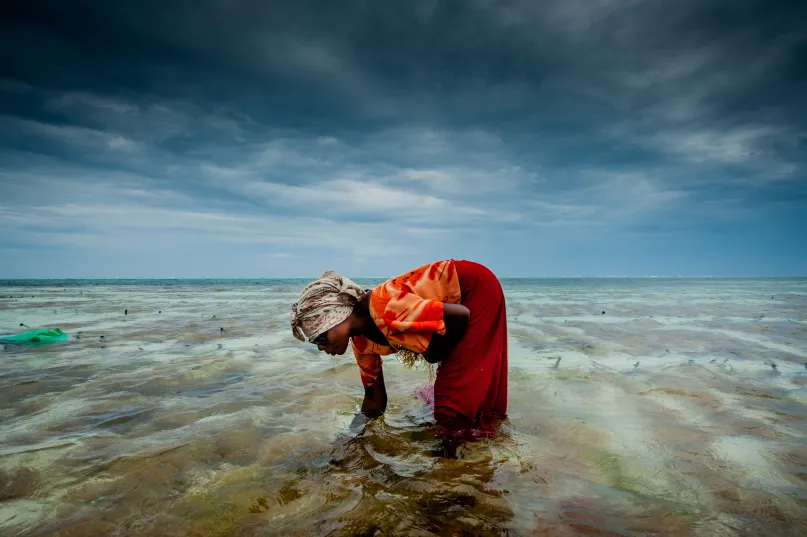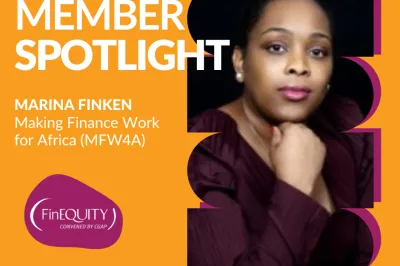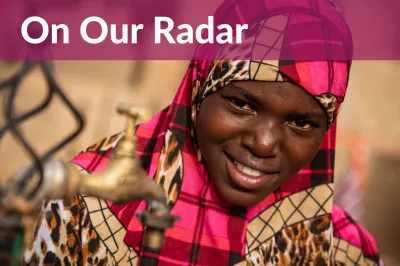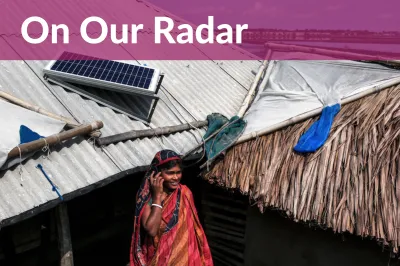Where is the Nexus of Women, Financial Inclusion and Climate Change?

Climate change has rightfully and urgently risen to the top of the global agenda and is central to many current development conversations. But what about the nexus of women and climate change? Can financial services play a role in helping women mitigate and adapt to climatic shocks? In early 2022, CGAP’s Women in Rural Agricultural Livelihoods (WIRAL) team worked with Dalberg advisors and Agrofin to try and explore this question. They read the existing literature and carried out in-depth interviews with providers (both financial services and non-financial) to understand their thinking and approach to serving women amidst changing climate realities. This research identified a range of insights on how to think about women and climate.
With FinEquity’s 2023 Annual Meeting centered around women, financial services and climate change, we thought it fitting to unpack some of the findings from this research ahead of our convening.
We have pulled out seven hypotheses on the nexus between gender, financial inclusion and climate change. These are not exhaustive, and we do not hold them to be definitively true – there might be variation from region to region. Each hypothesis is supported by several assumptions.
Now, we want to hear from the FinEquity community!
Do you agree with these statements? Do you have experience or evidence to support them? Are they more pertinent for certain geographies? For example, do climate stressors impact the decision-making power that women have to purchase agricultural inputs in Nepal, or does this time of transition make space for women to increase their decision-making power within a household?
Just as women are not a monolith, climate change doesn’t cause a single type of event – it presents in a multitude of ways across different geographies and populations. As such, we anticipate its impact on women’s financial inclusion to be hugely diverse – for example, across Sub-Saharan Africa there is no single way that women farmers manage the financial impact of a drought.
In recent weeks, we’ve been hosting a DGroups Dialogue on two of FinEquity’s hypotheses, and welcome further input in that discussion. We are excited to continue this learning exchange over the coming weeks. On Wednesday, January 8, Mary Ellen Iskenderian, Shameran Abed, Carolina Trivelli and Shiphra Chisha will reflect on these hypotheses and the opportunities that financial services can offer to support women as actors of change in the climate transition. Please join us!


